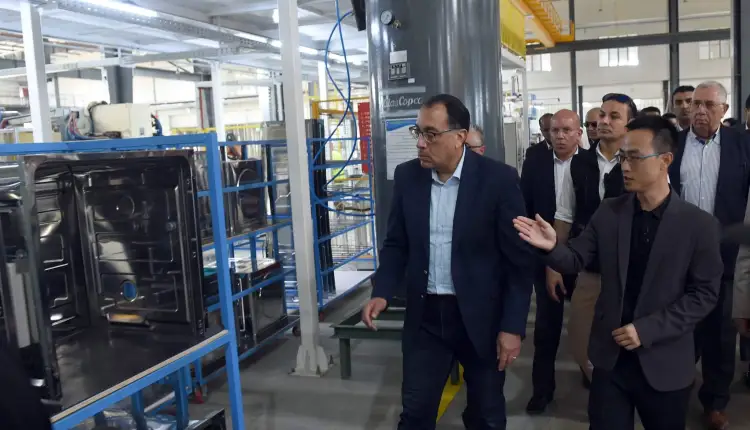The blue economy is now among the main drivers of sustainable development, to which Egypt attaches great importance to mitigate the challenges of climate change.
This statement by Minister of Environment Yasmine Fouad during her meeting with Suez Canal Authority (SCA) chairman Osama Rabie yesterday on how to promote the blue economy.
The blue economy will stimulate efforts towards achieving the UN Sustainable Development goals (SDGs), particularly with regard to biodiversity and ecosystem services, combating marine pollution of all kinds, and maintaining an ecological balance in the seas, oceans, and coastal areas,” the minister said.
“Egypt possesses a wealth of water resources and competitive advantages, thanks to its geographical location,” the minister added.
“It has 4,000 kilometres of coastline on the Red and Mediterranean Seas and the Suez Canal is one of the most important international shipping lanes. The Nile River and 60 ports qualify the country to take on more economic activity related to the blue economy to achieve sustainable development,” Fouad said.
The minister pointed to the importance of the coordination of efforts of all concerned state bodies to promote the concept of the blue economy in light of the state’s vision to develop the resources.
Fouad said her ministry is looking forward to working with the Suez Canal Authority to lay down a management system for solid and liquid waste.
For his part, Rabei said the SCA is embarking on a strategy to diversify its sources of income sources through a series of national projects based on the concept of blue economy.
Projects include yachting tourism through developing marinas on the banks of the Suez Canal’s banks, Rabie said, adding that the SCA is taking part in the Egyptian lakes development project.
The blue economy concept originates from the UN Conference on Sustainable Development in Rio de Janeiro in Brazil in 2012 which defined the blue economy as an ocean economy for the “the improvement of human well-being and social equity, while significantly reducing environmental risks and ecological scarcities.”
The World Bank defined it as “the sustainable use of ocean resources for economic growth, improved livelihoods, and jobs while preserving the health of ocean ecosystems.






Discussion about this post